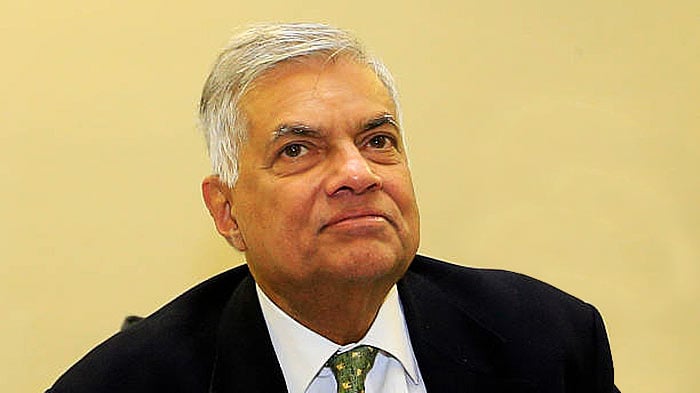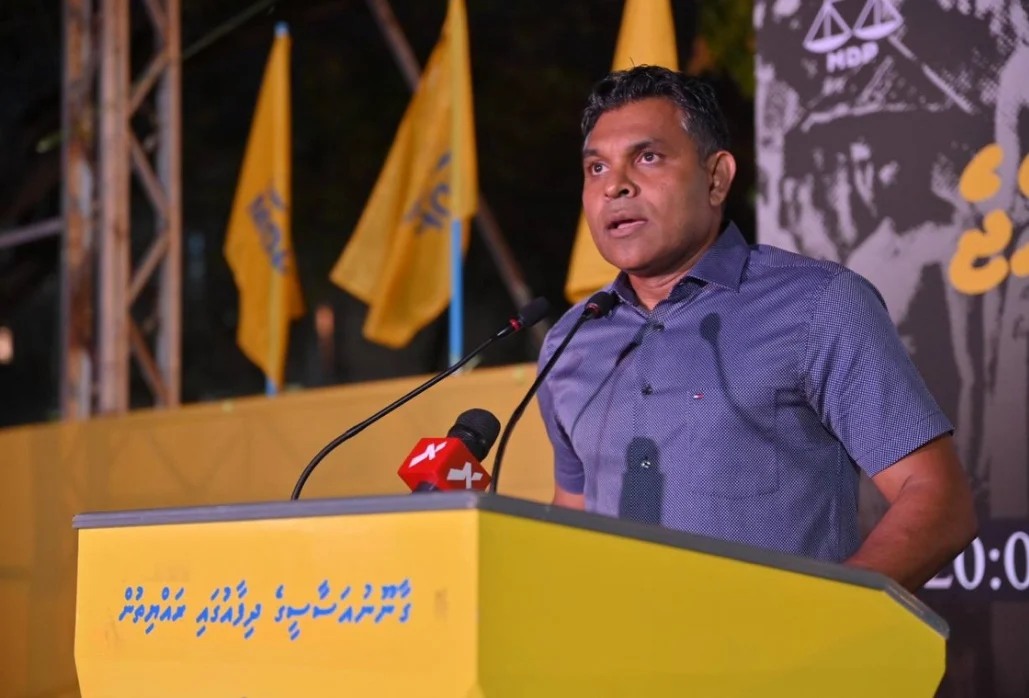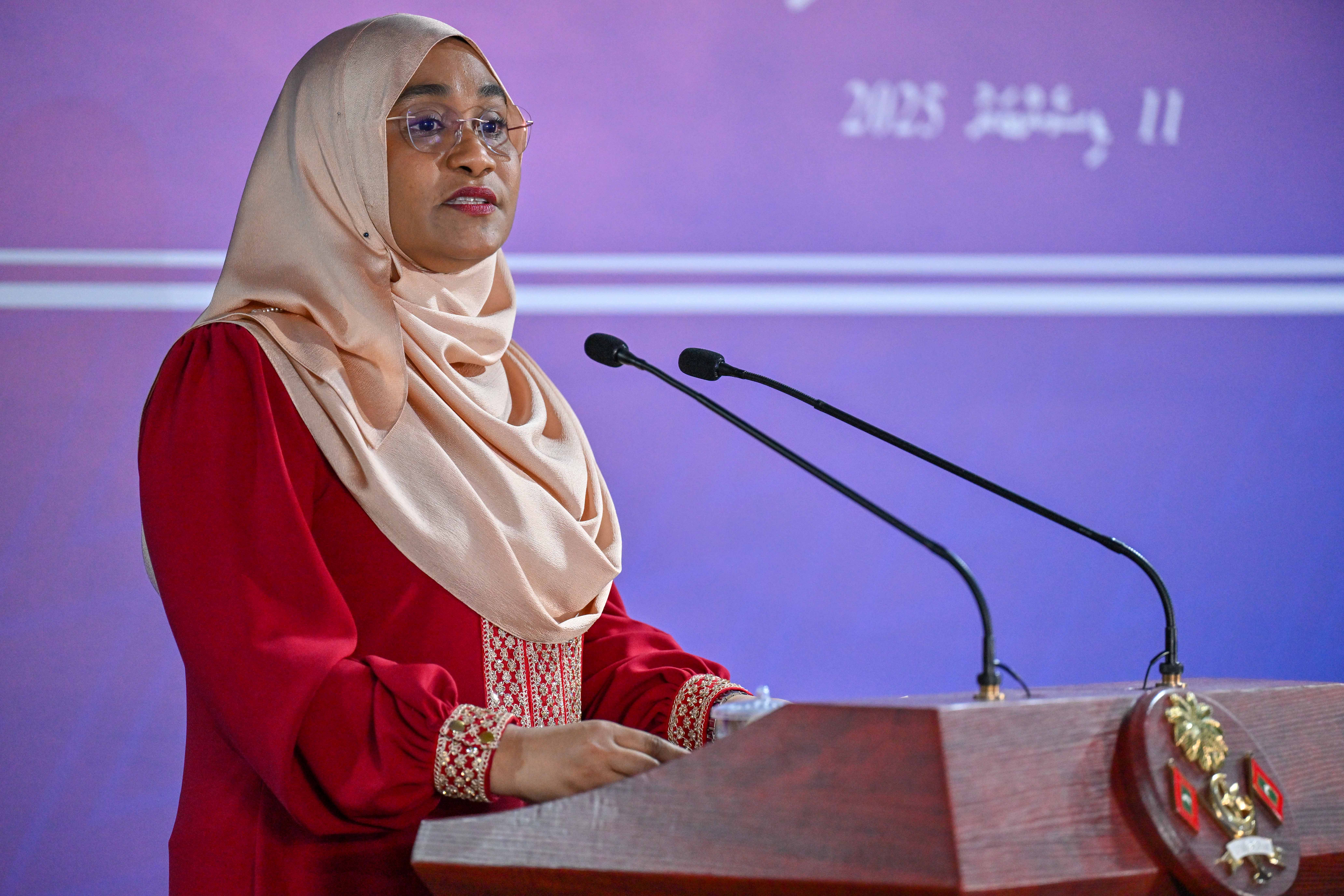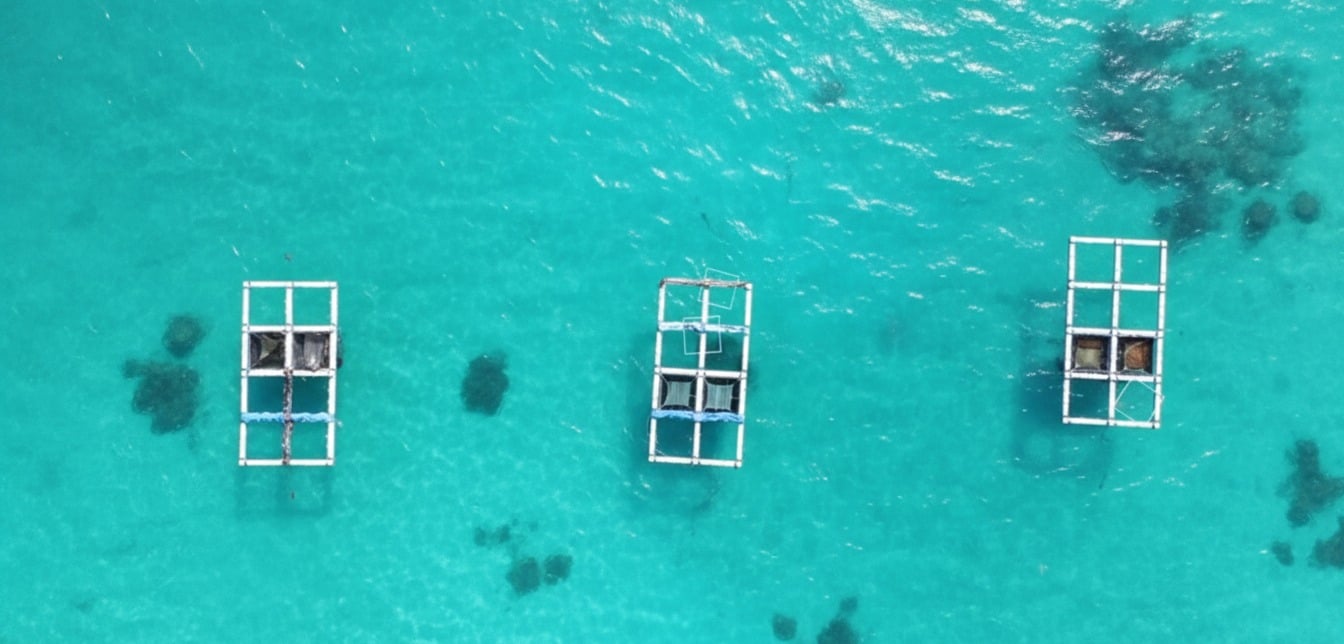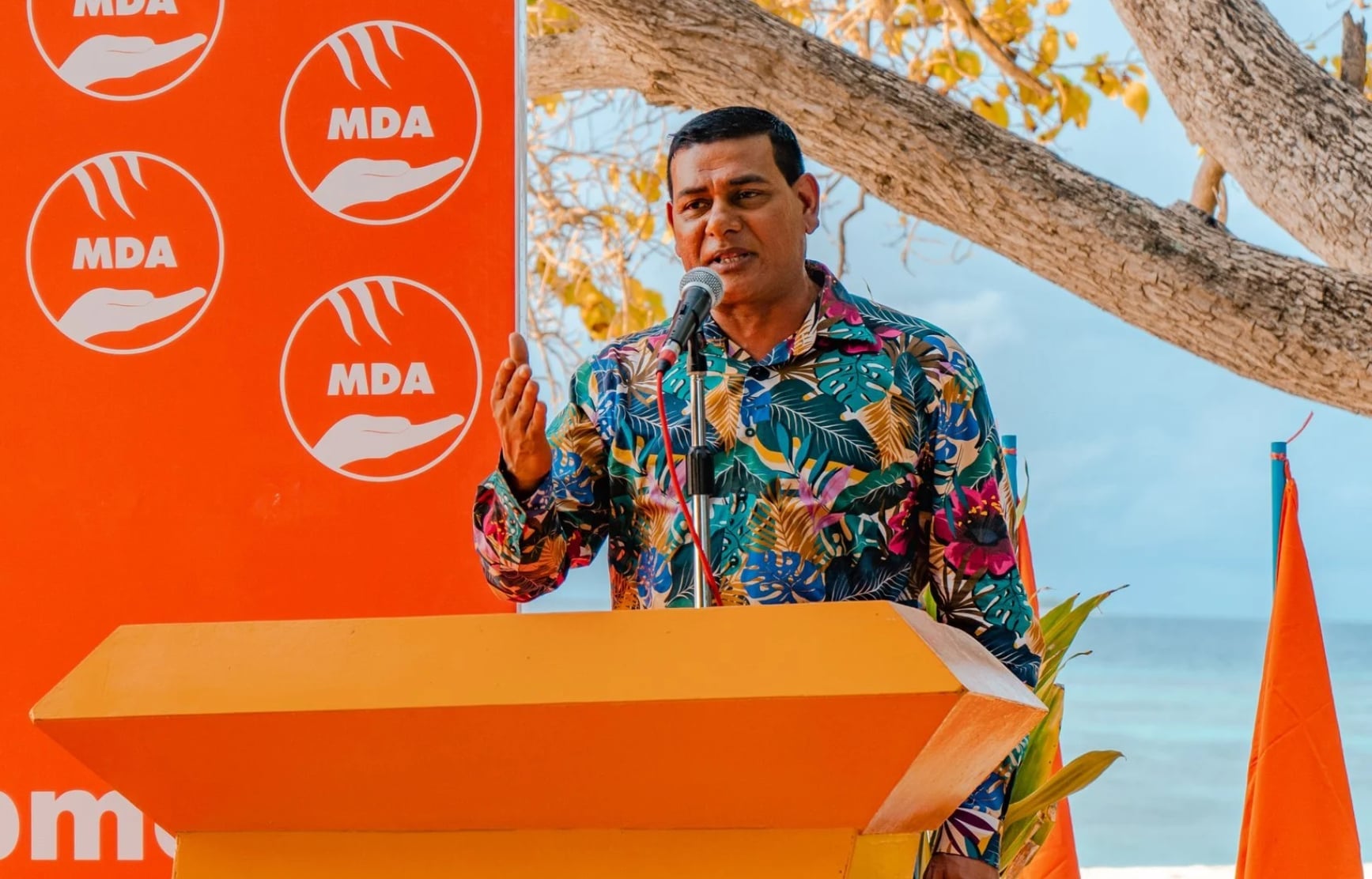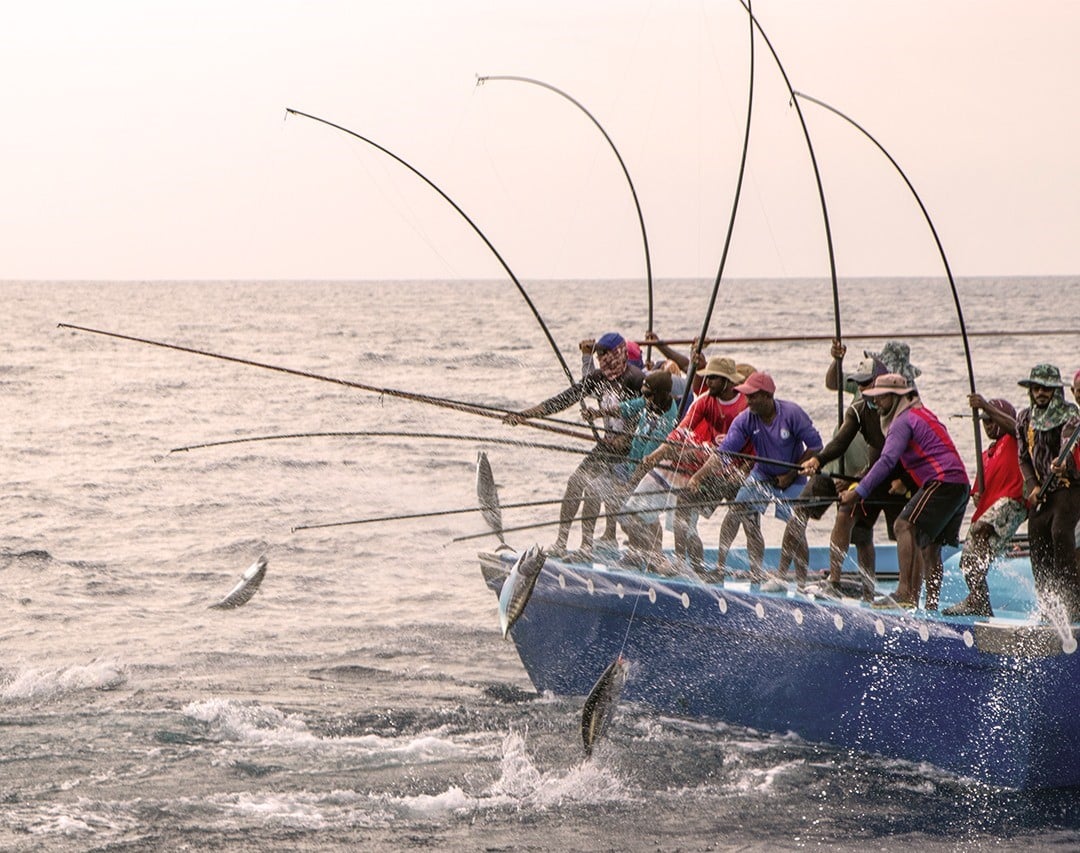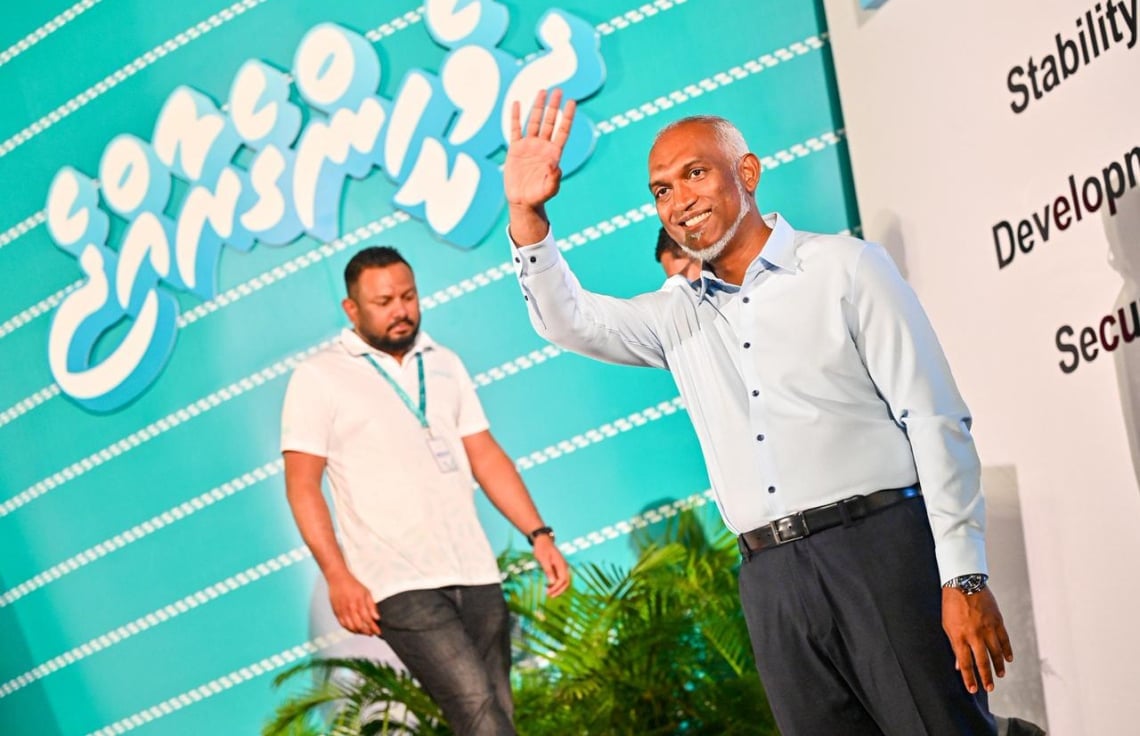Sri Lanka’s President Ranil Wickremesinghe has pushed for an all-party government to resolve Sri Lanka’s worst economic crisis in memory, as the new leader expects an agreement with the International Monetary Fund to be delayed after unrest over the past weeks.
The island nation of 22 million people, struggling with daily power cuts and shortages of essential goods such as fuel, food, and medicines, saw anti-government protests that began in March spread across the country and culminate in the resignation of the former president, Gotabaya Rajapaksa, in early July.
Wickremesinghe was elected by parliament on July 20 to complete the five-year term of Rajapaksa, who fled to Singapore after demonstrators stormed his official residence and occupied several key government buildings in protests over economic hardship.
“The best way to solve the problems of the country is through an all-party government,” Wickremesinghe said during a meeting on Saturday with the influential monks of the Temple of the Tooth in Kandy, one of Buddhism’s most sacred shrines.
He had invited members of parliament to join discussions for a unity government just a day earlier, he said, as assistance from the IMF alone will not be enough for the debt-laden country.
Sri Lanka defaulted on its $51 billion foreign debt payments in April due to a severe lack of foreign currency, which led to a shortage of critical imports that have persisted in the country.
The South Asian country has held discussions with the IMF for a bailout, but reaching a staff-level agreement that would be key for that has been pushed back due to the turmoil of recent weeks, the president said.
“Nothing happened since July 9 until now. Now it has been delayed until the end of August and we are expecting to get it approved by September only,” Wickremesinghe said.
The IMF’s rescue package would not be enough to pull the country out of the crisis, he said.
“Just because we take money from the IMF, do not think that all problems will be solved. Our debts have increased. How will we pay these debts?”
“We need more foreign exchange and need new ways to bring in forex to the country.”
The island nation of 22 million people, struggling with daily power cuts and shortages of essential goods such as fuel, food, and medicines, saw anti-government protests that began in March spread across the country and culminate in the resignation of the former president, Gotabaya Rajapaksa, in early July.
Wickremesinghe was elected by parliament on July 20 to complete the five-year term of Rajapaksa, who fled to Singapore after demonstrators stormed his official residence and occupied several key government buildings in protests over economic hardship.
“The best way to solve the problems of the country is through an all-party government,” Wickremesinghe said during a meeting on Saturday with the influential monks of the Temple of the Tooth in Kandy, one of Buddhism’s most sacred shrines.
He had invited members of parliament to join discussions for a unity government just a day earlier, he said, as assistance from the IMF alone will not be enough for the debt-laden country.
Sri Lanka defaulted on its $51 billion foreign debt payments in April due to a severe lack of foreign currency, which led to a shortage of critical imports that have persisted in the country.
The South Asian country has held discussions with the IMF for a bailout, but reaching a staff-level agreement that would be key for that has been pushed back due to the turmoil of recent weeks, the president said.
“Nothing happened since July 9 until now. Now it has been delayed until the end of August and we are expecting to get it approved by September only,” Wickremesinghe said.
The IMF’s rescue package would not be enough to pull the country out of the crisis, he said.
“Just because we take money from the IMF, do not think that all problems will be solved. Our debts have increased. How will we pay these debts?”
“We need more foreign exchange and need new ways to bring in forex to the country.”





